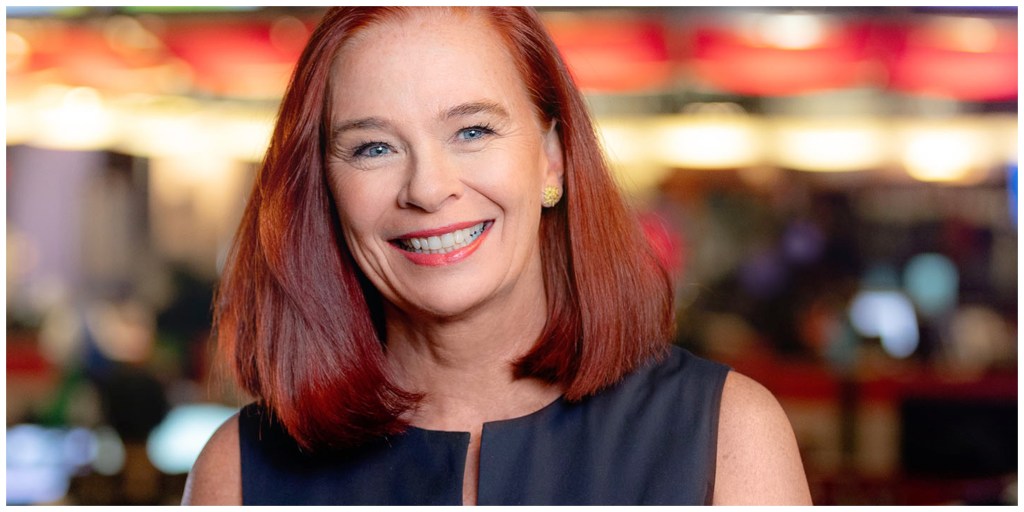The group of people that came up with this bill and it’s wording have no idea how the internet works. The idea that a site needs to pay to provide a link to another site is not well though out. The internet is built on links.
Canadian news companies shot themselves in the foot here. They want social media site to not summarize their news articles (this keeps users on the social media site). At the same time news companies also don’t want social media site to link to the news article (this directs users to the news site).
When news articles are summarized by social media sites it means that a individual can read the news article without going to a news site directly, thus a social media site gains financial with ad revenue directly from “content” it did not create.
What news sites wanted is user come to their sites directly to generate ad revenue on their platform. So a link would help users find this “content” and benefits news sites. Though news companies now also want to double dip and request that social site pay news companies for the link to their site.
In short, Canadian news companies wanted their cake and eat it too.
You actually made the argument for the bill, and then twisted it to justify Facebook and Google’s domination of the ad market.
The specific problem they’re solving is that that there’s a majority of Facebook users who get their news from Facebook, and probably the majority of those users don’t actually click through, so the news organizations get no money. Facebook and their users are benefitting from getting headlines, but the companies incurring all the costs to generate those headlines are getting too little money from that to sustain themselves. This is why this bill has to exist and why it’s necessary to protect Canadian news organizations.
That is a stupid argument. I agree about the summary part, but paying even for just a link is idiotic. If someone asks me for the directions to a restaurant, I don’t have to pay the restaurant for giving directions to it. If they did ask for cash for this, I’d simply stop recommending the restaurant. I have no duty to them, and they have no right to me.
Facebook is doing the same thing. You want payment even if I only point people to you? Then I will simply stop pointing people to you. I owe you nothing. If I didn’t provide a summary but the people still don’t click through, then maybe your content is shit and people aren’t interested. Why should I have to pay to protect you from that?
The analogy makes no sense lol you’re not a content aggregator and people don’t eat directions.
News websites produce content that generates value for social networks. If that value is worth paying for having that content (the link tax) is a matter of accounting only. Facebook seems to believe it’s not for now, that’s all there is to it.
I said I have no problem with a tax for content aggregators. If they provide a summary of the content so that users don’t have to visit your site. That’s fair.
But wanting to be paid also for just a hyperlink? That’s idiotic. That is a service they are receiving (for free). Why do I say that? Because when social media stop linking to content at all, the media producers start complaining about reduced traffic. So the links clearly provide value to the media companies.
So they simply took it too far. “we want to be paid for the service we provide” (the content itself) is fair. “We want to be paid for a service we actively want and are receiving for free” (the hyperlinking to their site on social media) is not.
Maybe the internet being built on links is a problem?
You could run the same argument for ads and tracking
I’m not entirely sure how one could create a internet of interconnected computers and servers without links to one another and the webpages they serve.
Short of maybe making one “central hub” controlled by one state/entity. Though this would probably not turn out great.
Short of maybe making one “central hub” controlled by one state/entity. Though this would probably not turn out great
I think public search engines is a good idea though it would be multiple states
I suppose it’s because I’m old so I don’t like how centralized and profit driven the internet has become but I see nothing wrong with profit sharing with websites on pages where their link is used
deleted by creator
I see the law as a step not the end and would rather further the reaches of the legislation than repeal it
As per blocking referrals I feel the issue is more the title and blurb stops people from clicking through as is. Hence the legislation
If Facebook wasn’t allowed to show more than just a link then they would react in a similar manner
Lemmy has a similar issue of people only reading the title or what the person said about a link
deleted by creator
Can they prevent people from posting text with their links?
deleted by creator
aha the internet as you know it was not born in 1983 unless you are mostly interacting on lemmy with email and ftp
deleted by creator
deleted by creator
Lemmy was never known as Usenet.
deleted by creator
Ah yes what an interesting internet that would be: nothing links to anything, you’re all alone, enjoy the empty internet
Back in the day we used email and word of mouth
Here’s the key issue and principle buried deep at the bottom of the article.
She said a main area of discussion at the confab is how globally-minded digital companies had “really revolutionized our industries for a lot of good reasons” and added: “No one is saying to get Facebook or Google out of Canada — Canadians love and appreciate these services.”
Tait said Canadian broadcasters and services were required to pay taxes and services and invest in Canadian content, meaning companies as powerful as Alphabet and Meta would simply be paying into a existing system. “We all have requirements regarding local news so that there is a provision in a country of only 40 million to support our own domestic industry,” she said. “We would ask Facebook to be held responsible in the way we treat our own companies.”
deleted by creator
Exactly social media sites are not broadcasters, why should they pay to provide a link to forward users to a broadcasters website.
I would understand if a social media site wanted to summarize a news article for it’s users to keep its users on its site. This would theoretically make a social media site a broadcaster.
Its like asking a convince store to pay a Canadian News Tax because they provide newspapers inside their store.
deleted by creator
Fee Speech
Does anybody know what these bills say about distributed / open platforms like Lemmy and Mastodon? (obviously paying per link is not viable here)
I think this is unclear, as the CRTC isn’t expected to have the actual policies developed until sometime next year.
However, this is in the text of the bill:
6 This Act applies in respect of a digital news intermediary if, having regard to the following factors, there is a significant bargaining power imbalance between its operator and news businesses:
(a) the size of the intermediary or the operator;
(b) whether the market for the intermediary gives the operator a strategic advantage over news businesses; and
© whether the intermediary occupies a prominent market position.
I can’t imagine this ever applying to decentralized social media.
The bills objective is to give journalists compensation for their work. I think Lemmy actually promotes this because people click on the links to try to read the article directly, instead of viewing them through a social media platform acting as a middleman.
I assume the server instance and the user would both have to be in the country. But I don’t think lemmy instances are making money off of their users that I know of.
Could you imagine if you or your grandmother had to pay a dollar to post a link to a Canadian article on a social media site.
This is disingenuous and irrelevant - that’s no what’s being proposed at all. And if you’ve ever run Facebook ads, you’d know what a ridiculous amount of money Facebook gets from that.
Neat … just in time for the upcoming US elections
I wonder what’s going to happen to information sharing leading up the election of the leader of one of the most powerful nations in the world.
The bill the Canada government passed (with pressure from Canadian news agencies) will only effect Canadians for the time being.
Right now for example trying to find a link to Canadian News on a few social media sites is getting hard. We still have the option of going direct to our news sites (though not sure if search engine will also be required to remove links to Canadian news sites).
For this to effect the US a similar bill would need to be passed.
It seems CBC aren’t familiar with how this played out in Australia.
I think they are, but understand that the dynamics of the situation are different within the North American context.
The proposed legislation in Canada was directly inspired by what happened in Australia.
What “dynamics“ are different with regards to paying for news on their platform in Canada compared to Australia?
Canada is economically integrated with the United States in a way that Australia is not. Meta and Google understand that precedents weigh differently here.
By all means, elaborate.
It’s literally in the linked article
Another situation came to a head in Australia two years ago, with Facebook blocking news content after being ordered to shell out cash. The standoff ended quickly with the major social media platforms agreeing a deal with the Australian government to create the News Media Bargaining Code, which sees news providers paid for their online content.
Facebook made it seem like everyone would lose out to give themselves a better bargaining position and now they pay for news content in Australia.
They will simply do this everywhere and force terms they find acceptable, or block news in countries unwilling to negotiate.
Okay, but what is your point exactly? You seem to be arguing with…something.
CBC’s prediction isn’t worth much when we have precedent that says otherwise.
Is there any indication whatsoever that Facebook is willing to enter into negotiations with the government over this? If there is, I missed it.
There are those who learn from history and those who are doomed to repeat it.
Do you have anything to add beyond platitudes?
Why is that?






